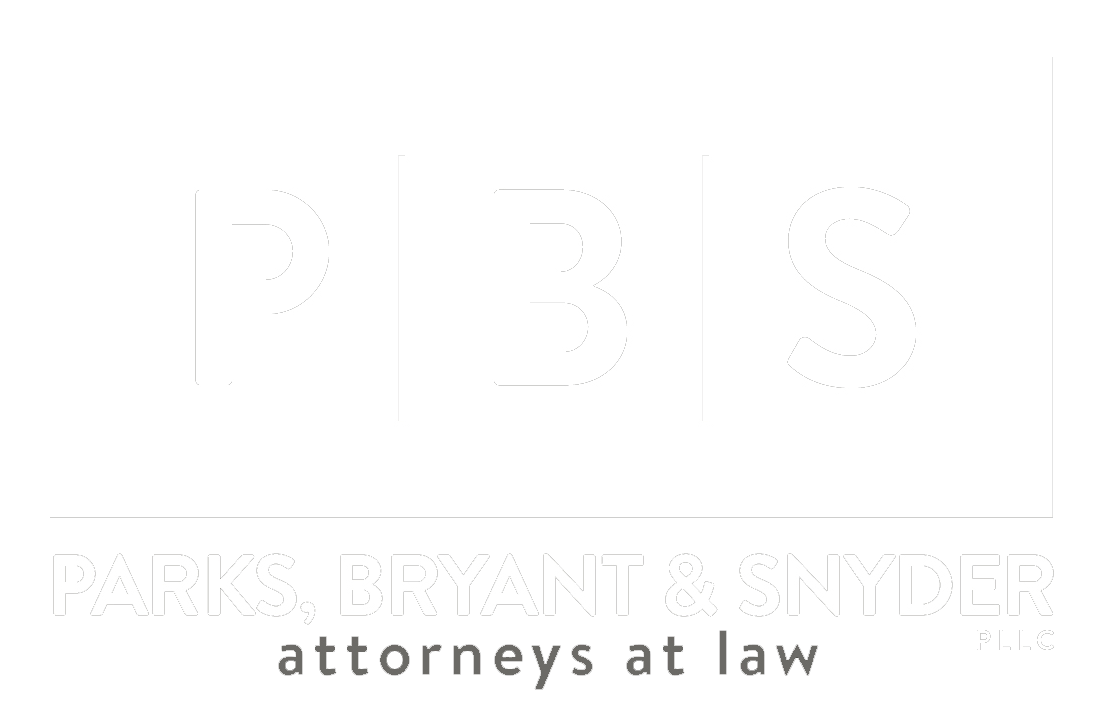Child Support
Tennessee law provides specific instructions regarding what amounts of financial support a child’s parents must provide after divorce or separation. In addition, state law outlines certain factors that could allow for a deviation from the standard support obligation guidelines. Attempting to handle child support negotiations on your own can be frustrating. especially for people unfamiliar with the law and each Judge’s particularities.
However, a knowledgeable Columbia child support lawyer will ensure that a support order serves you and your child’s best interests. Whether you intend to demand additional support or contest a previously agreed-upon order, a dedicated family attorney will provide the guidance you need to protect your rights. Speak with a legal representative today for help.
Whether you’re seeking support or defending against unfair claims, our attorneys help navigate the complexities of Tennessee child support laws to protect your rights.
Supporting Families, Securing Futures
How Does Tennessee Law Address Child Support in Columbia?
State law holds that both parents of a minor bear responsibility for their child or children. In other words, both parents must support their children until they turn 18 or their class graduates high school, whatever comes last.
The parent who has the child the majority of the time is designated as the Primary Residential Parent (PRP) and the other parent is designated as the Alternate Residential Parent (ARP). If the parents agree and exercise equal time with the child, they may be designated Joint Primary Residential Parents.
Although ARPs have the same level of parental rights as PRPs, they are often required to pay child support to the PRP.
That said, even though a Primary Residential Parent typically receives child support payments from an Alternate Residential Parent, exceptions can be made to this arrangement when appropriate. For example, if a PRP has a substantially higher monthly income than the ARP, they might be required to pay support to the less custodial parent. A seasoned attorney in Columbia will explain the intersection of child custody/visitation and child support and will request a favorable ruling from the court.
How are Child Support Obligations Calculated in Columbia?
Tennessee Child Support Guidelines exist to calculate an obligation based on three main factors:
- The obligor’s average monthly income
- The obligee’s average monthly income
- The number of days per month each parent has physical custody of a child
“Income” for these calculations includes employment salaries, capital gains, alimony payments (if received from someone other than the parties to the child support action), business and rental earnings, and unemployment or disability benefits.
A court can apply this basic formula to incomes of up to $10,000 net per month, with limits established at the following amounts:
- One child – $2,100 per month
- Two children – $3,200 per month
- Three children – $4,100 per month
- Four children – $4,600 per month
- Five or more children – $5,000 per month
If a parent can show a need for extra support to cover additional expenses equal to seven percent or more of the original child support obligation, a judge may deviate from the guidelines to account for those costs. The help of a diligent lawyer in Columbia could be crucial to pursuing this supplemental support proactively and effectively in court.
Build a Stronger Future for Your Child
Seek Help from a Columbia Child Support Attorney
Contact Parks, Bryant & Snyder, PLLC to secure child support arrangements that meet your family’s needs.

